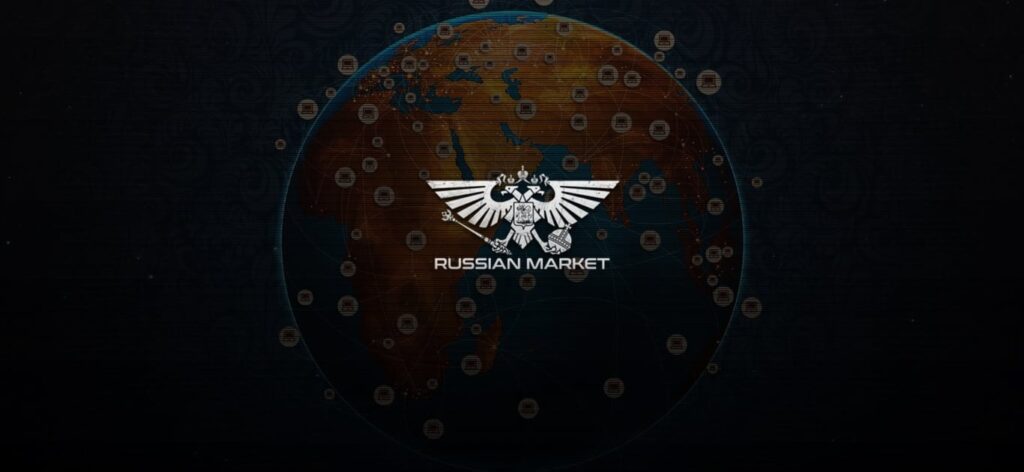Russia’s market has long captured the interest of global investors, businesses, and consumers alike. Known for its vast natural resources, highly educated workforce, and growing consumer base, the Russian market offers a unique landscape with both challenges and opportunities. Whether you’re looking to engage with the tech, manufacturing, energy, or consumer goods sectors, understanding the core elements that drive the Russian economy is crucial.
The Diverse Russian Market
Russia’s market is one of the largest in the world, primarily due to its extensive natural resources such as oil, gas, and minerals. These resources have helped shape the country into a global player in the energy sector, contributing significantly to the nation’s GDP and export revenue. Oil and gas alone account for a significant portion of the federal budget revenues, making Russia one of the largest energy suppliers in the world.
However, the Russian market is more than just energy. In recent years, the nation has worked to diversify its economy by developing other key sectors. Agriculture, for example, has seen substantial growth due to government support and investment. The Russian IT and tech sectors are also on the rise, with a focus on artificial intelligence, cybersecurity, and software development.
The consumer goods market has also evolved, with Russian middle-class spending power increasing in recent years. Retail sectors like fashion, electronics, and automotive have witnessed significant growth, driven by a shift towards online shopping and the digital economy. This changing landscape offers exciting opportunities for businesses looking to enter the Russian market.
Navigating the Regulatory Environment
Entering the russianmarket.to requires an understanding of the local regulatory landscape. Russia’s business environment is characterized by a complex web of laws, policies, and regulations, especially in sectors like finance, technology, and natural resources. International companies need to be aware of the legal frameworks in place, as well as any trade restrictions that might be imposed by both Russia and foreign governments.
For example, sanctions imposed on Russia by the European Union and the United States have affected various industries, particularly energy and finance. These sanctions can limit the ability of companies to operate freely in Russia or access certain goods and services. Therefore, businesses must stay informed of any changes in regulations to avoid risks.
On the other hand, Russia has made efforts to improve its business climate, with government initiatives aimed at reducing bureaucratic hurdles and supporting domestic and foreign investments. Programs such as the “Made in Russia” initiative, which promotes local products and services, demonstrate the government’s intent to foster economic growth and innovation.
Consumer Preferences and Cultural Nuances
Understanding the preferences of Russian consumers is essential for businesses looking to succeed in the market. Russian consumers tend to favor products that offer high quality and durability, often associating premium products with brands from Europe or North America. That said, the local market has seen the rise of Russian-made goods, which are increasingly viewed as viable alternatives to foreign brands.
Brand loyalty is strong in Russia, but trust must be earned through consistent product quality and effective communication. Russians are cautious shoppers who often research products extensively before making a purchase. Therefore, businesses should invest in comprehensive marketing strategies that address consumer concerns and emphasize product reliability.
Cultural sensitivity is also important when conducting business in Russia. Personal relationships play a significant role in professional dealings, and building trust through face-to-face meetings is often key to successful partnerships. Patience and understanding of Russian business etiquette, such as the importance of formal introductions and respect for authority, can go a long way in fostering long-term collaborations.
Conclusion
The russianmarket is a dynamic and multifaceted environment, offering a mix of opportunities across various sectors. Whether you are in energy, consumer goods, or technology, success in this market hinges on a deep understanding of its economic landscape, regulatory framework, and consumer behavior. By navigating these elements with care, businesses can unlock the full potential of one of the world’s most intriguing markets.

